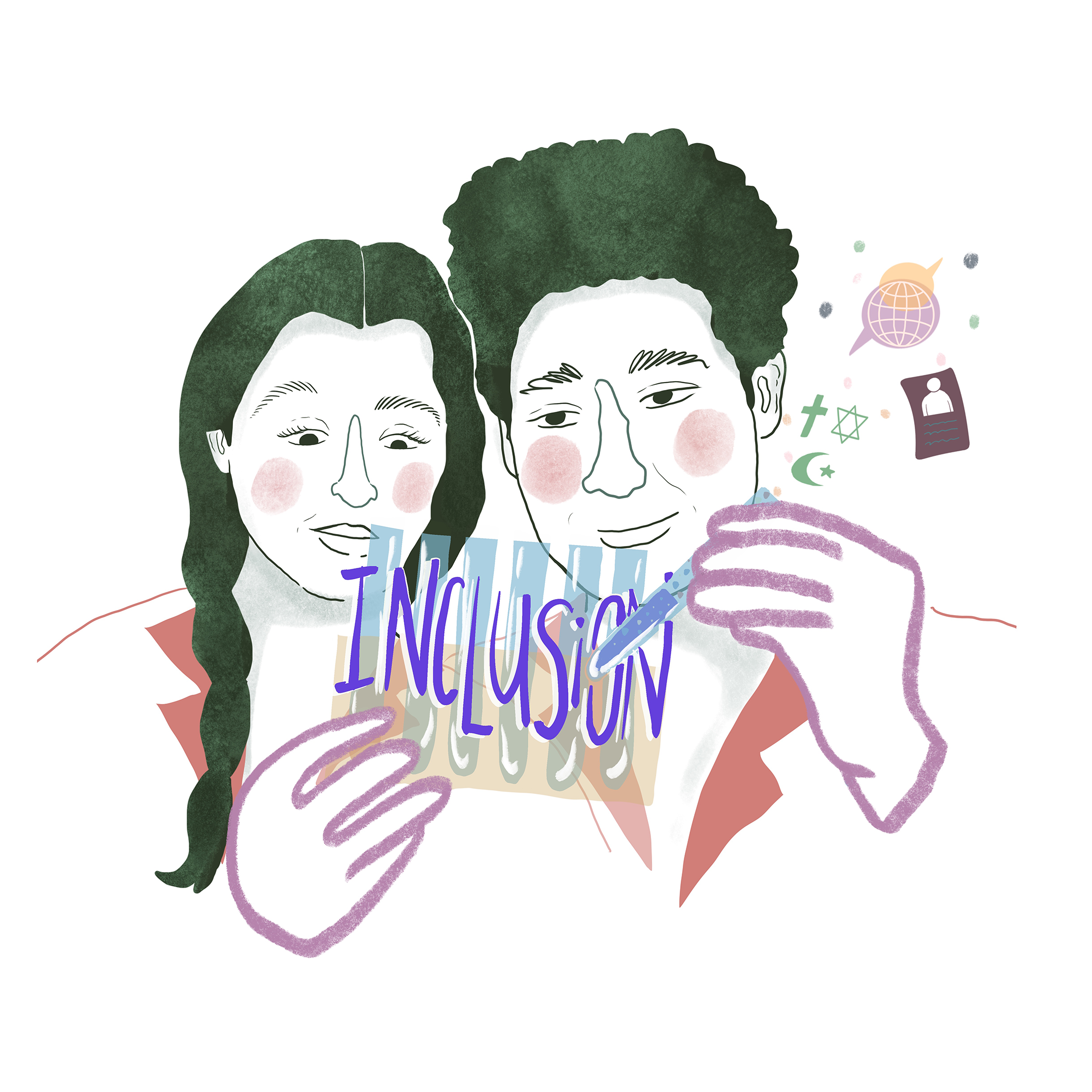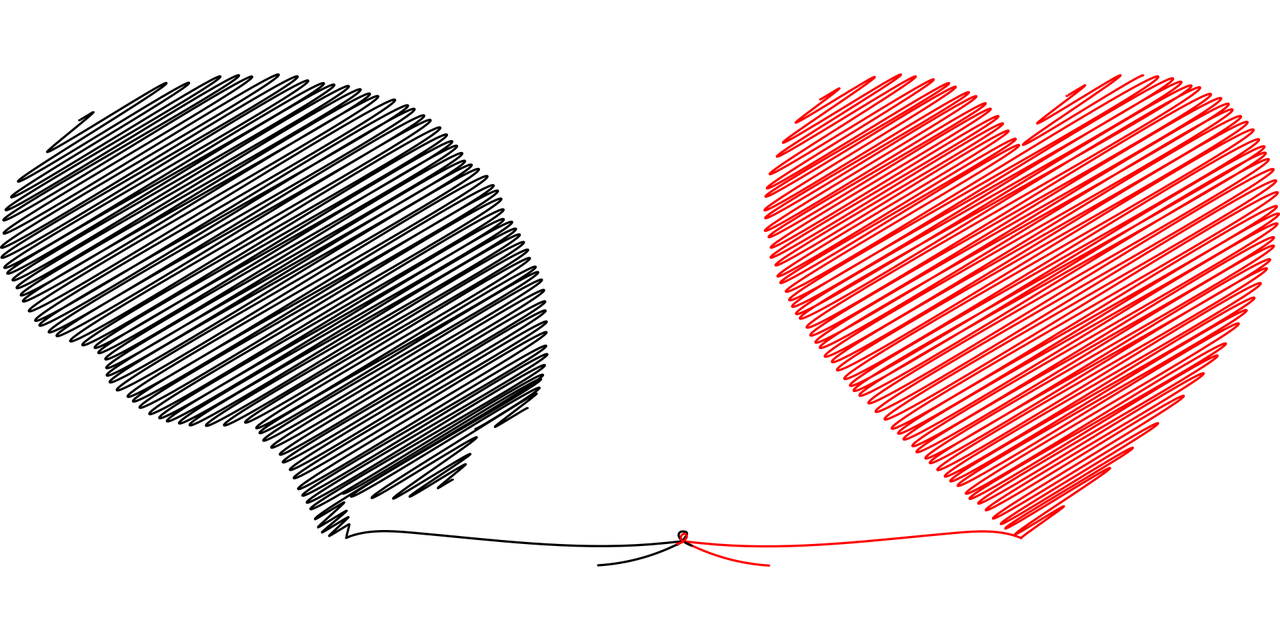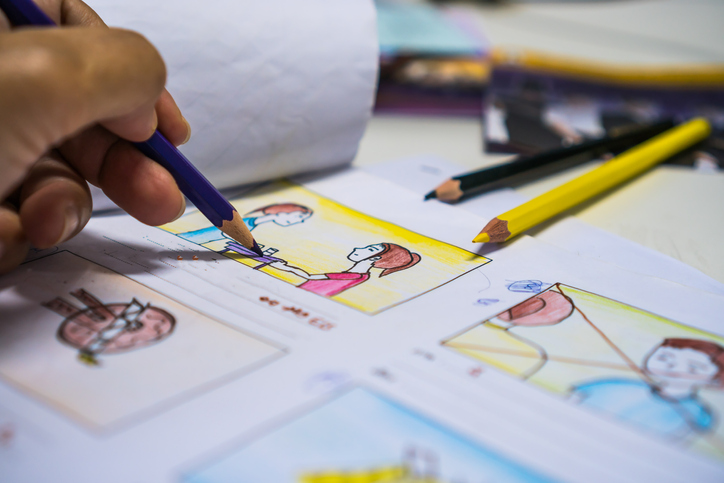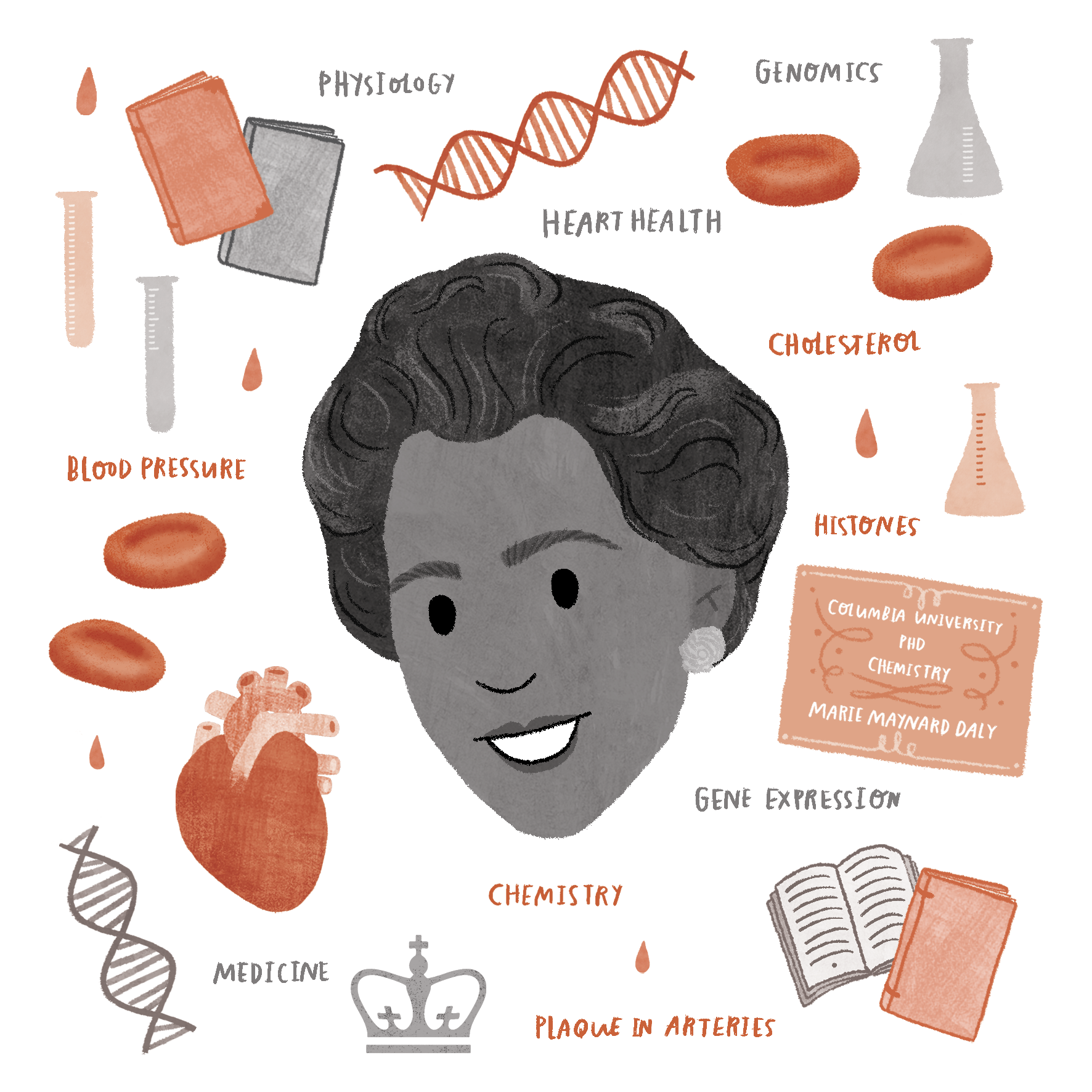Grace does not consider herself a science communicator. “I think I’m working on learning how to effectively communicate science, so I’m a science-communicator-in-development,” she wrote to me. However, I think you will all agree that Grace’s work makes her a fantastic science communicator. Inspired by her grandparents in Kenya, Grace has started a YouTube channel that translates science information for the Gĩkũyũ and Kiswahili languages to make it more accessible for vulnerable populations.
Hear from Grace Kago
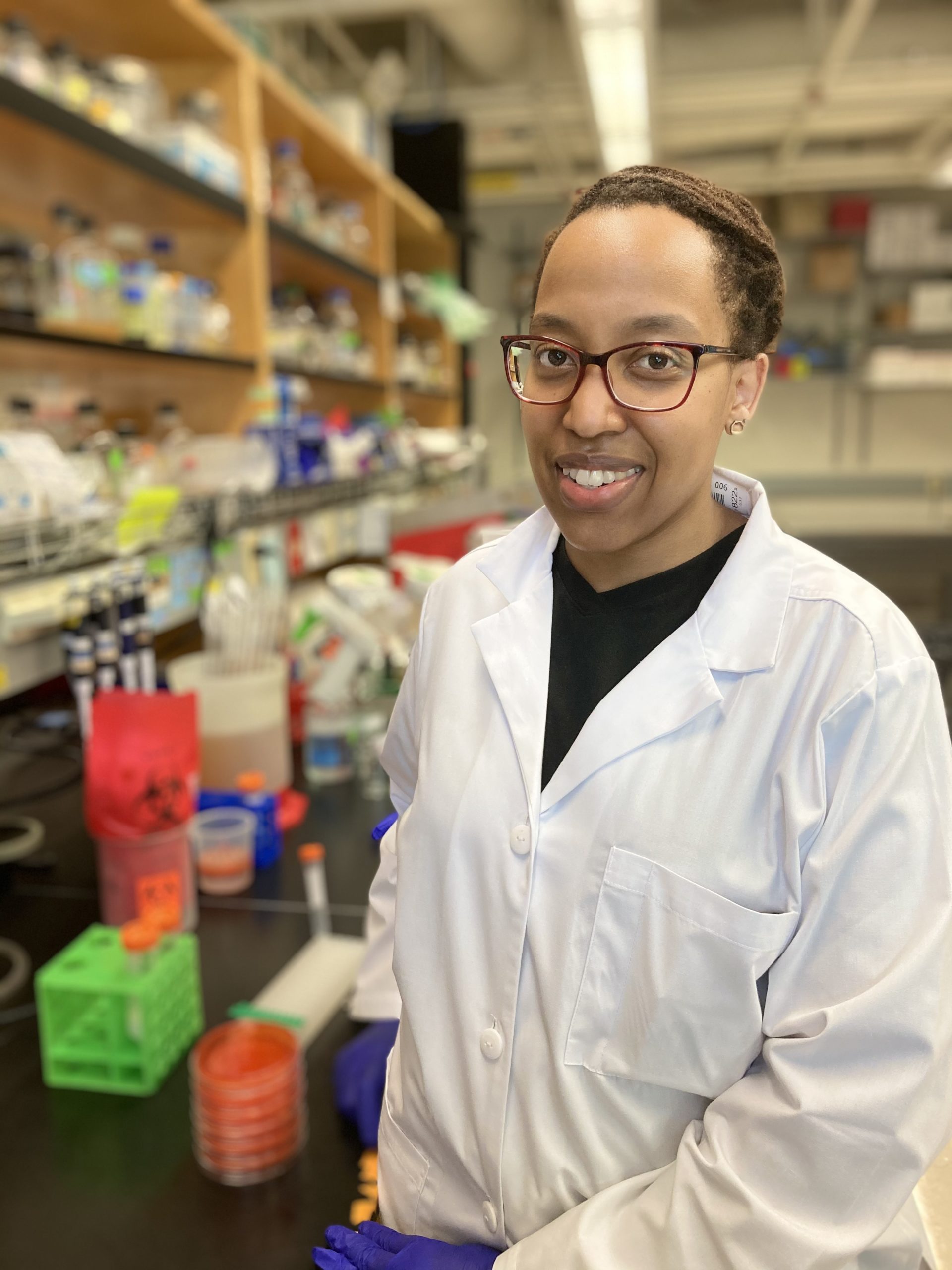
Hi! My name is Grace, and I am currently a doctoral student and NSF-GRFP fellow at the University of Texas at Austin. I did my undergrad degree in Biology, with a minor in Art History at a liberal arts college in Maryland, and then moved back home to Austin, where I worked as lab staff for ~5.5 years and decided to start graduate school.
Grace’s YouTube Channel
“uhoro wa minginiciumbe” = “news” or “a chat” about microorganisms
Welcome! My name is Kĩbũi, and I am a cell biology student. On this channel I talk about [cell, molecular, and micro]-biology in the Gĩkũyũ and Kiswahili languages of Central Kenya and Eastern Africa. My aims are: 1. to practice my speaking of these languages 2. to learn more vocabulary to talk about science & technical subjects, 3. to inspire more people to talk about science topics in their mother tongues, esp. African Languages :)” – About the Channel
What made you decide to start your YouTube channel?
It started out as a project for my grandparents. At the start of this pandemic, one thing that stuck out to me was how public health officials, scientists, and lay people were kinda learning about how coronavirus spread at a similar pace. I remember noticing that this mode of operations was very different from the “standard” way that scientists engage with the public wherein scientists tend to announce discoveries/novel knowledge. I distinctly remember thinking about who was disadvantaged/most vulnerable in this mode of information dissemination, and I remember considering my grandparents, for example, who live in small communities in Kenya, and who speak to us primarily in the Gikuyu language. I wanted to be able to share what I was learning with them, so I decided to make videos and make them accessible on a free platform (solely so I can more easily ask my extended family to share them with our grandparents without sending large image files.. this way i can send hyperlinks). I named the channel after my paternal grandmother (who I was named after), and here we are.
What does making a typical video take (time commitment, scripting, subtitles, animations, etc.)
This entirely depends on how much I already know about the subject matter. For a topic that I understand fairly well, I can craft my main story-line and put together animations and subtitles within a few hours. For a topic I don’t know well, odds are that I don’t know the right Gikuyu and Kiswahili corresponding words for it, and so then it requires me to read up on the topic, draft a script, send it to my parents for proof-reading/vocab correction, then create it. It’s been a great avenue to practice my Gikuyu and Kiswahili language skills.
Why is communicating science across languages important?
I’d say because it helps people to engage in a deeper way with the knowledge and ideas instead of just being passive recipients of distant knowledge. Languages tend to carry cultures within them. Thus, engaging people on science topics in their respective vernacular languages takes the recipient into consideration. I propose that this approach is crucial to not just increasing science literacy, but also engaging participation and inclusion of more diverse perspectives and types of knowledge in scientific inquiry.
What are the most important things to consider when communicating science in languages other than English?
Hmm… I’d say generally, it’s important to have a specific reason why you want to do the work that will guide you in crafting your content. It is also important to try and run away from the deficit model of “this community doesn’t know, so let me tell them.”
Grace’s Other Works
What other projects are you working on now?
I think right now my biggest project is my thesis project, which is concerned with understanding how the stress response in a certain type of enteropathogenic bacteria impacts its ability to make us sick. Bacteria generally tend to have really robust adaptation mechanisms because they encounter so many different environments. The ones that infect our gut, for example, have to travel there after they’ve been ingested in food/water, which is a journey fraught with many variable chemical environments. This subject topic is relevant because it helps us understand just one of the many ways that bacteria use to thrive in their different environments.
What do you like to do in your free time?
Hmm…recently I’ve been learning about graphic design and animation to help me learn how to communicate science concepts more effectively. Also, I can usually be found binge-watching reruns of Mma Ramotswe and Hercule Poirot detective mysteries. I recently discovered this series about a detective called Vera Stanhope based in Northumberland.
What advice do you have for someone who wants to get involved in science outreach?
-
-
- Go for it :) Find a niche that you can serve, which needs to be included, and make it your job to make space to include the members of that niche.
- Make sure to verify & validate your sources. It’s important to establish a culture of verifying and validating information
- If you are removed from your target audience, partner with someone from that community to help you create culturally relevant content if you can (i.e., if you have it in your budget)! It can help you make your content more relatable.
-
Is there anything else you would like our readers to know about you, communicating across languages, or anything else relating to science or science outreach/communication?
I’m always looking to connect with/learn about other scientists who do work in their indigenous languages all over this globe! Please leave a comment on my youtube channel or email me on the email listed on there if you have any leads!
